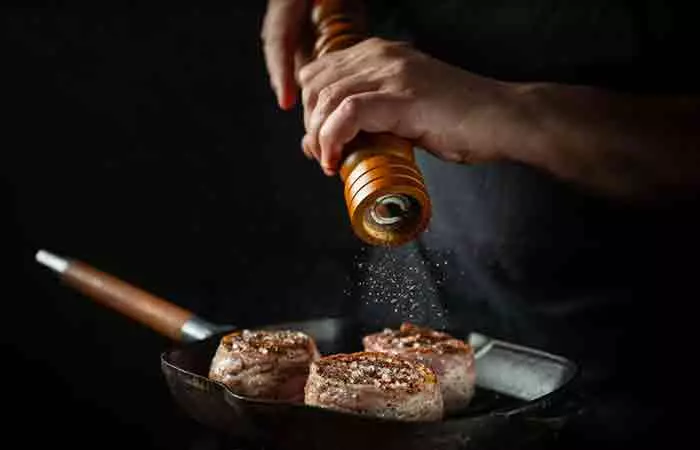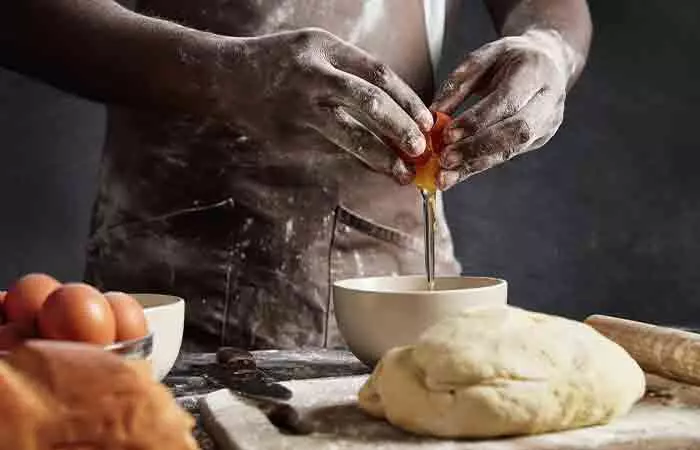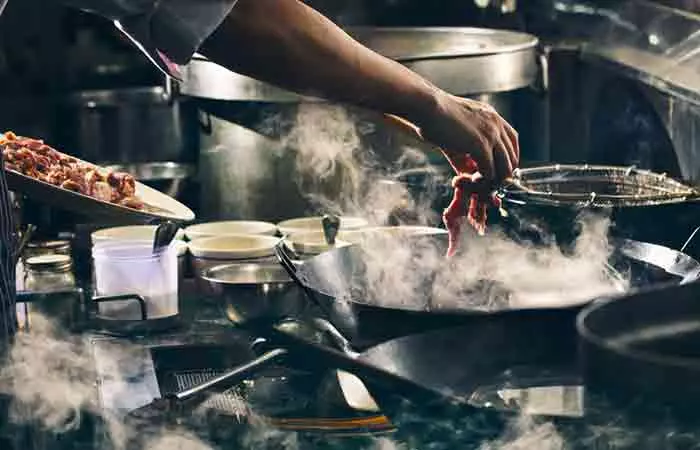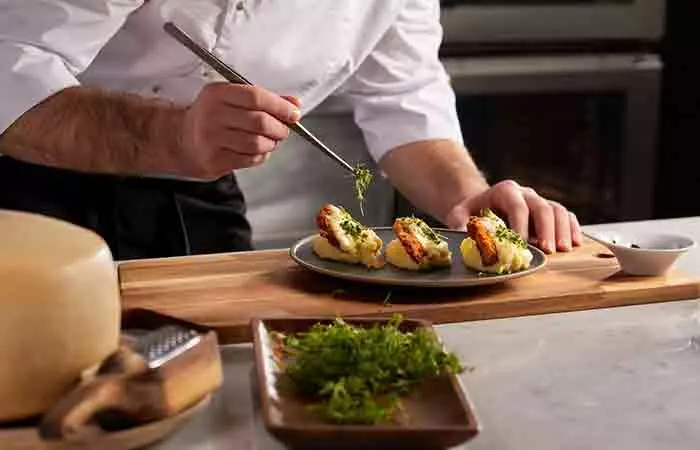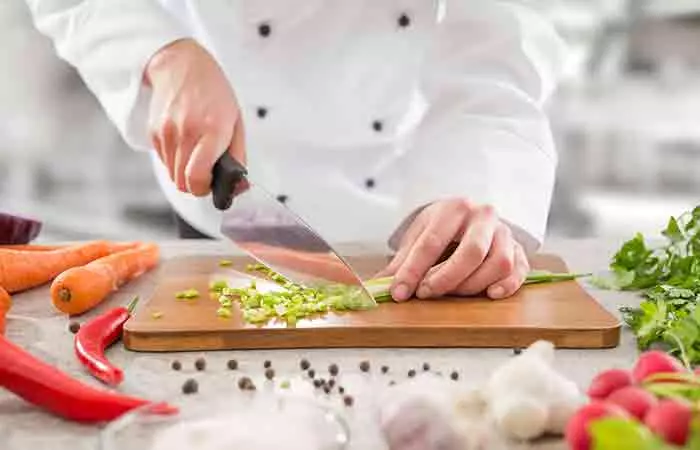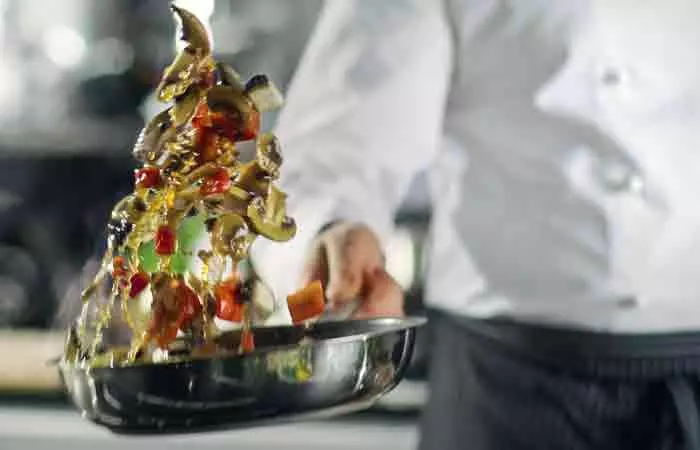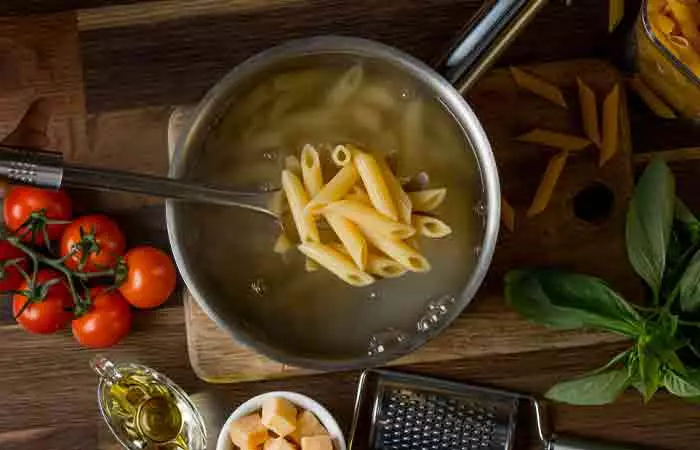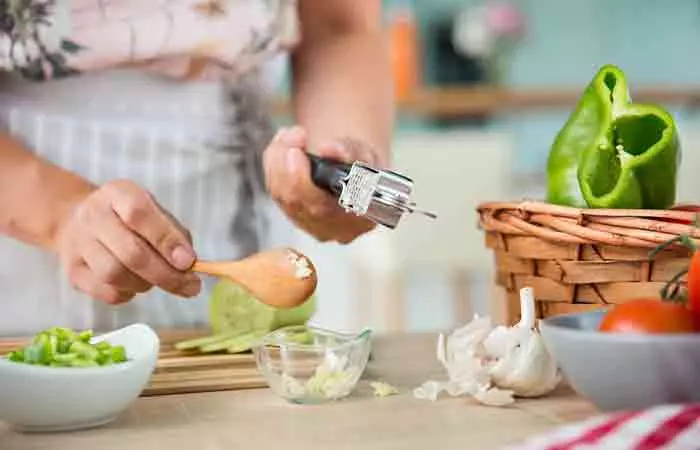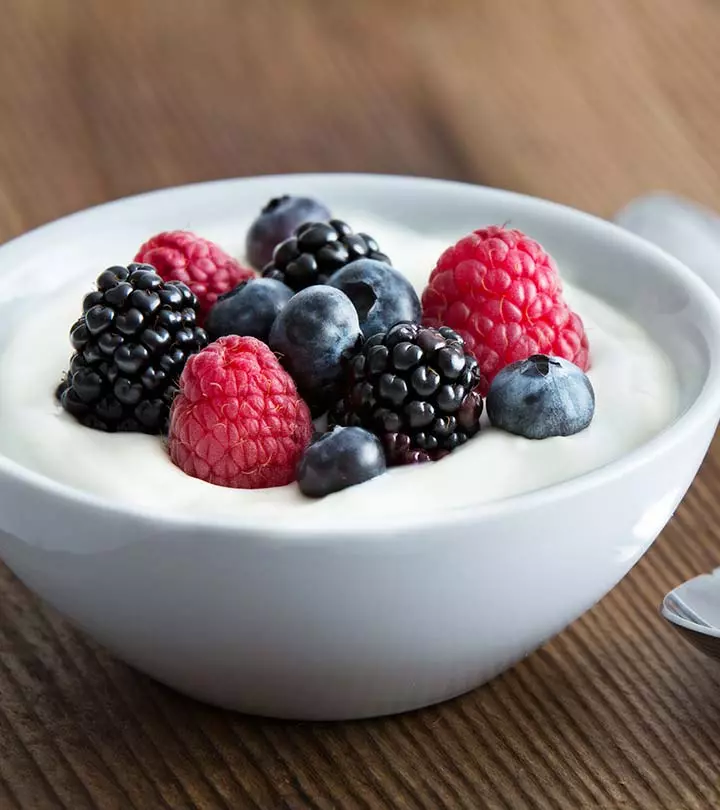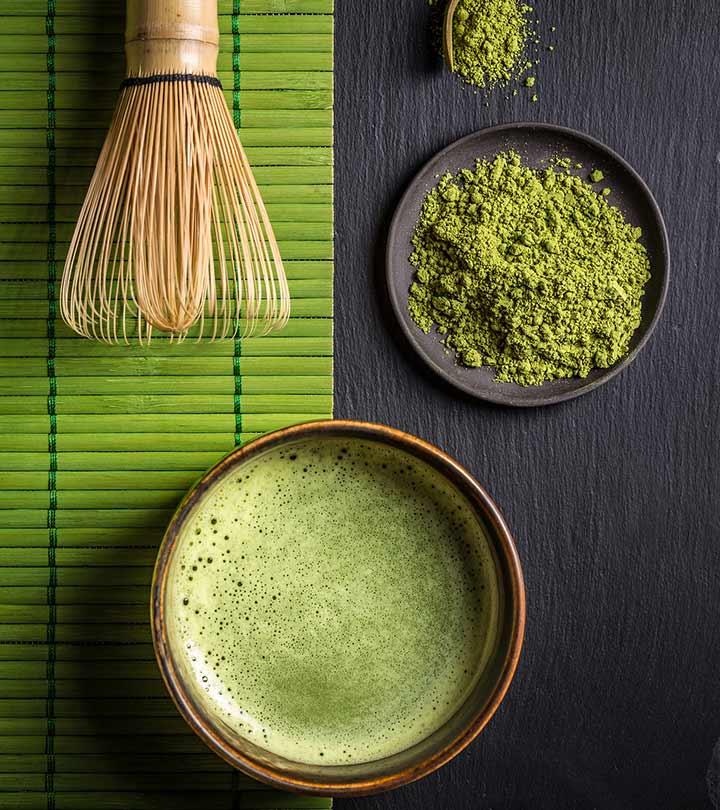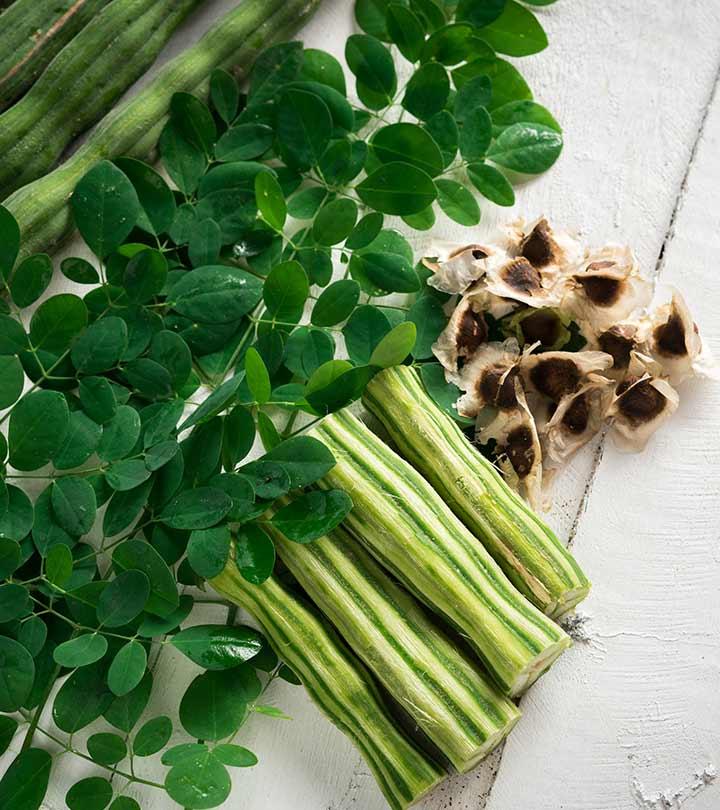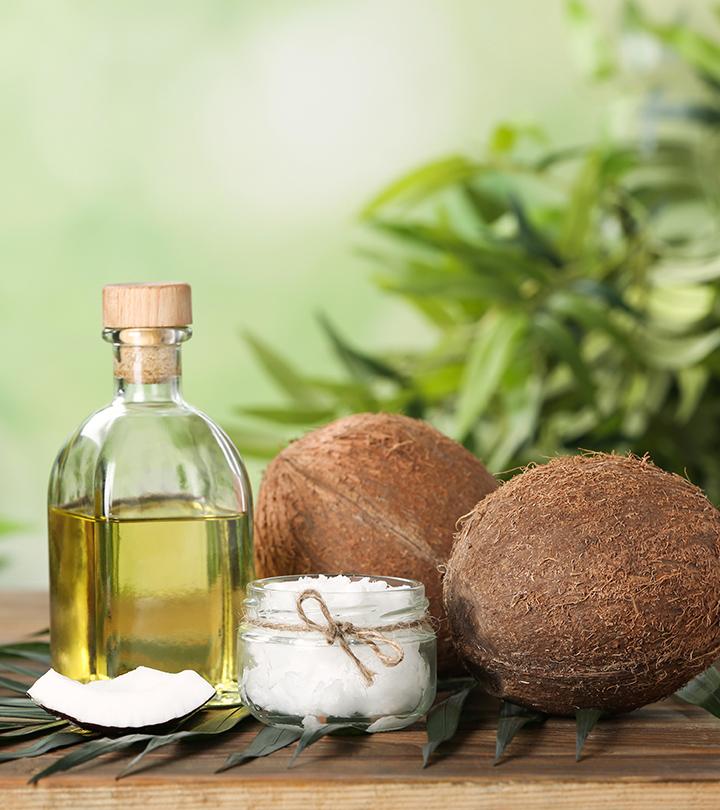8 Common Cooking Mistakes That Even The Most Experienced Chefs Make
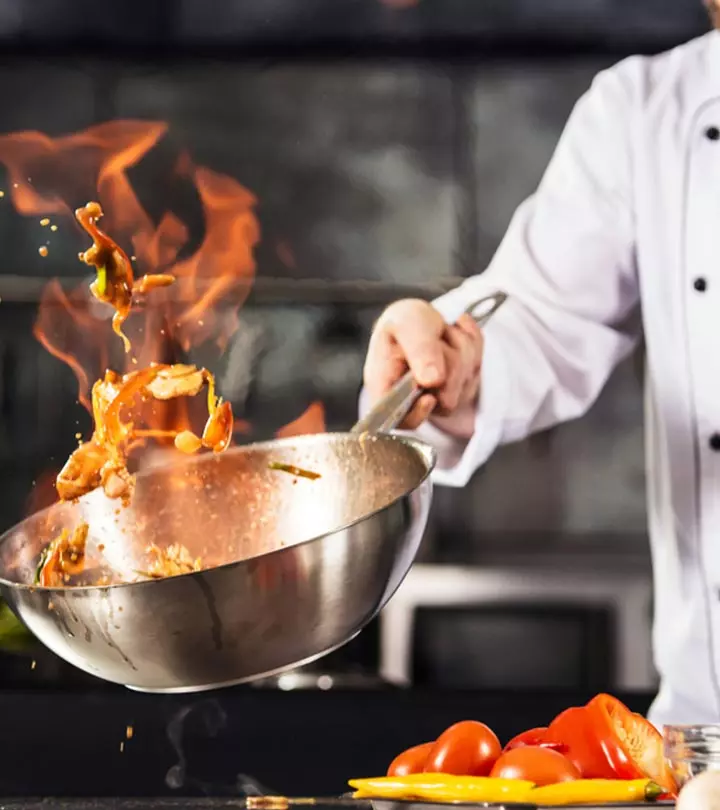
Cooking is an art, and if you have mastered the skills needed for cooking delicious food, consider yourself truly blessed. We believe everyone should have a basic knowledge of cooking (for survival), but in reality, only a few emerge to be Gordon James Ramsay. Also, even the most seasoned chefs are not free from making mistakes. And surprisingly, some cooking errors are relatively common. Here in this article, we will discuss some frequent cooking mistakes, avoiding which will help you become a better chef than you already are. Read on to know them all.
In This Article
1. Salting Your Meals At The End
Many popular recipes suggest you add salt after your dish is cooked. But in reality, this isn’t recommended. Doing so will make the salt taste uneven throughout your dish. Even if you need to do it, try your best to sprinkle the salt evenly and then mix it into the food, so that it tastes good.
2. Breaking Eggs In The Same Container
What looks good in cooking vlogs seldom works perfectly in real life. And breaking eggs in a container with other ingredients is the biggest mistake you can make. When it comes to cooking eggs, playing safe always brings rewards. Several things can go wrong, including breaking off tiny bits of eggshell that mixes with the other ingredients or mixing a rotten egg in the mixture. If it happens, you will have to throw away all your preparations because of one rotten egg. Such mistakes can be avoided simply by breaking the eggs one by one into individual containers and then adding them to your other ingredients.
3. Disbanding Ground Meat With A Spoon
Spoons are usually the first thing our hands reach out for when looking to stir any dish. However, when it comes to ground meat, spoons can slow down the process and even make it tedious. To make things easier, use a potato masher to separate the meat and then scrape it with the help of a wooden spoon. This will help you cook the meat evenly.
4. Forgetting To Prepare Ingredients Before Cooking
No matter which chef you follow, they always have the ingredients ready before they heat up the cooking pot or frying pan. Stunts that include lighting the pan and then looking for onions and garlic to chop mostly end in messy disasters. So it is always better to keep all ingredients ready, and in the correct measurement. This way, you can keep your kitchen clean and save cooking time.
5. Chopping With A Dull Knife
Using a dull knife might appear harmless, but it isn’t. It can damage your meat and vegetables and also injure your fingers if you are not careful. As a chef, you need to keep sharpening tools handy, and knives and other kitchen tools go blunt pretty fast.
6. Overloading The Utensils
Even though overloading your frying pan or pot is an obvious no-no, we all are guilty of doing it every once in a while. This can change the taste of the food as the food will cook with a boiling effect due to high moisture and packing rather than frying. It can make your food taste soggier than crisper.
7. Cooking Pasta With Less Water
The packet of pasta lying on the counter might make you believe it’s an easy choice for dinner, but don’t fall for the trap! The most common mistake people make with pasta is not calculating how much water to add to the pan. If you add too much water, it might get soggy, but if you add too less, it will stick to your pan, and, well, no one likes cleaning pasta that is welded to the cooking pan!
8. Miscalculating The Measurement Of Garlic
Garlic makes everything taste better (unless you are a vampire), but there is a limit to it. Too much of a good thing, eh? The flavor of garlic also changes depending on how it is prepared. Whether you chop it, puree it or just add the cloves changes the taste of your meal.
Every chef has secrets to making their food taste different and unique, and eliminating the common roadblocks can help you cook your masterpiece without any error. So, which cooking tips will you try the next time you step into the kitchen? Let us know in the comments section!


